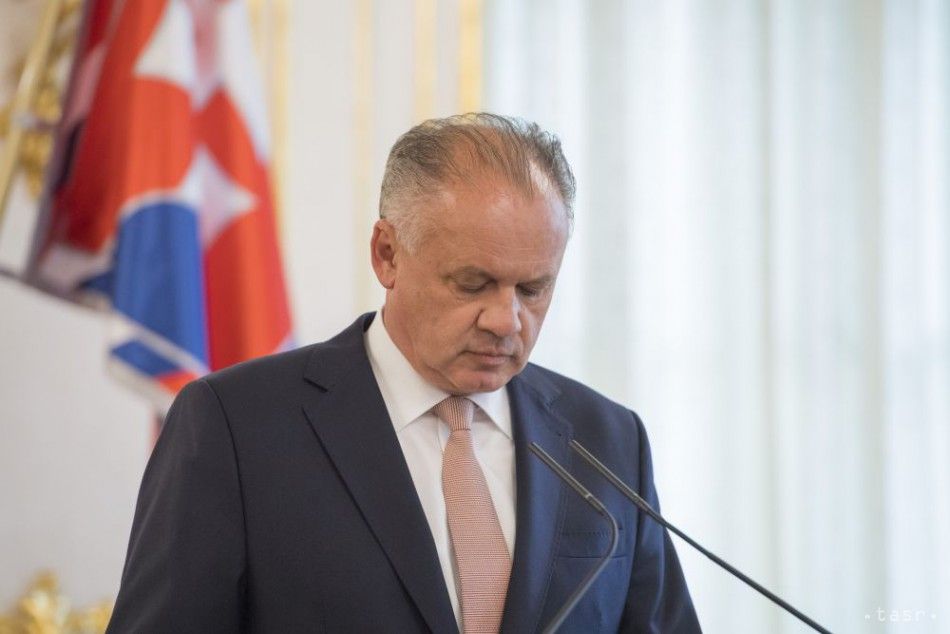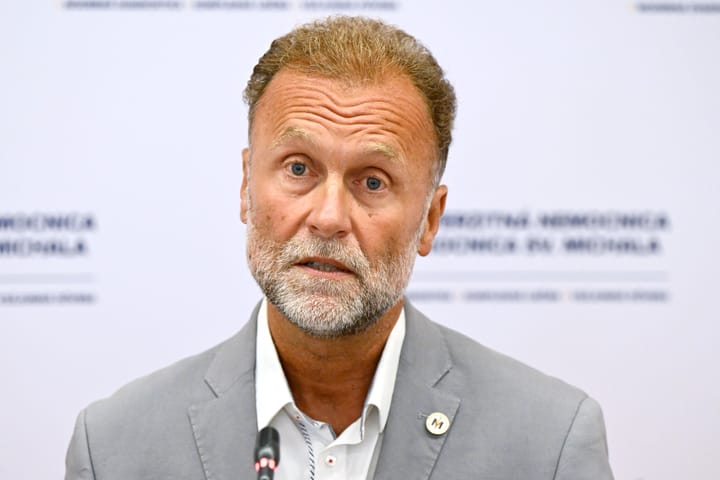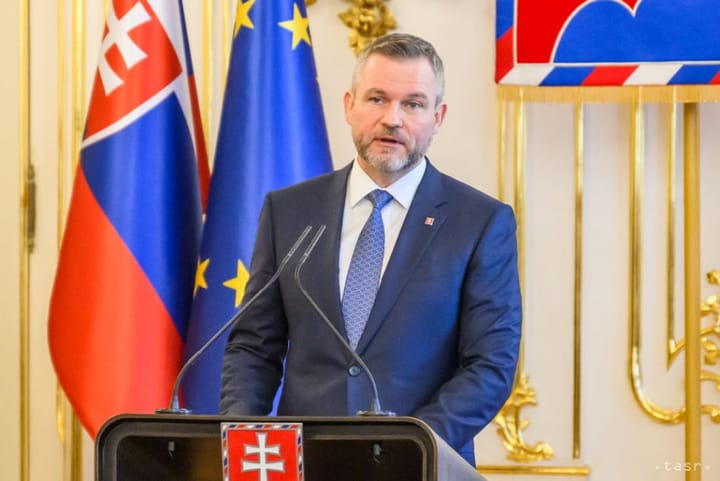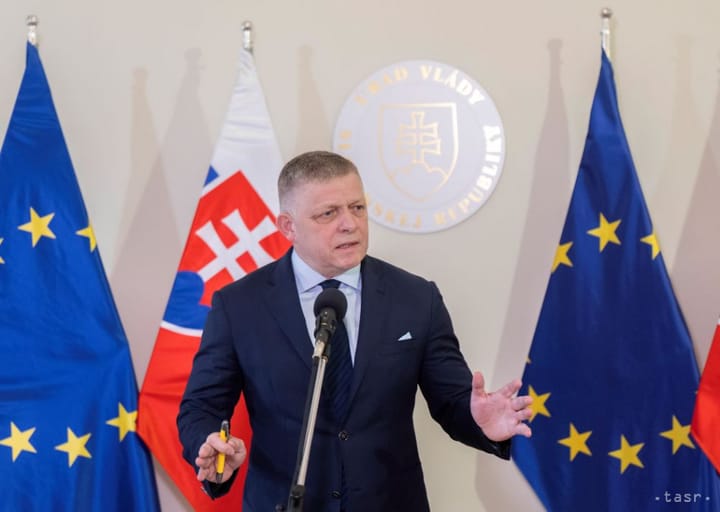Kiska: Politicians Must Prevent Disintegration of Society, Courage Needed

Bratislava, June 13 (TASR) – The Slovak Republic recently celebrated its 25th anniversary, and it’s up to politicians to prevent society from disintegrating due to a lack of public trust in the state, said President Andrej Kiska in his State of the Republic Address in Parliament on Wednesday.
According to Kiska, this should include returning an honest and sensible debate to the public arena, and having the courage to speak appropriately and decently on difficult topics. The president also called for public cohesion and solidarity, otherwise the country won’t be able to see further than only short-term goals.
Kiska believes that Slovakia shouldn’t pursue “false nationalism and aggressive discrimination against people of a different skin colour, creed and sexual orientation.”
“If people’s relationship with Slovakia is to be defined by love and pride, we must offer more than beautiful countryside and skilled athletes. We need a binder that will make the stories of successful individuals part of the story of a successful country,” said Kiska, adding that the key challenge is to attempt to become better than the day before.
The president then turned to the murders of investigative journalist Jan Kuciak and his girlfriend, which took place four months ago, noting that the crime still hasn’t been cleared up. “Nevertheless, their death was most likely a tragic materialisation of the fact that criminal behaviour had been tolerated. This behaviour had been revealed only by courageous journalists at their own risk, while the country’s political leadership had been sitting back for years,” said Kiska, who went on to ask specific questions directed at the Interior Ministry.
“Why wasn’t a judicial coroner called to the crime scene? Why did the former police president keep confusing the public almost on a daily basis by presenting different versions of the course of the investigation – all despite an information embargo declared by the Prosecutor-General’s Office? Why did Slovakia in the decisive weeks following the murders hesitate to make use of international assistance? Why was the then director of the National Crime Agency’s anti-corruption unit present at the crime scene, and why did the then Police Corps president lie about this? Why did people who were dealt with in Jan Kuciak’s articles and thus could have been involved in investigation scenarios have access to the case? Why did the police attempt to extract information from the smartphone of the murdered journalist’s Czech colleague so amateurishly that it caused an international scandal? Why did a person who threatens journalists publicly receive more respect from the police than a reporter who is voluntarily cooperating in investigating the murders?” asked Kiska, going on to criticise what he views as inappropriate interference in the work of police officers by their superiors.
“It’s time to stop diverting attention [from real problems] to overblown threats such as migrants, and instead deal with organised crime and extremism. Elite police units shouldn’t chase after people presenting boxes of chocolates [as bribes] and €50-corruption cases while looking at multi-million white-collar crime from a safe distance,” added Kiska.



